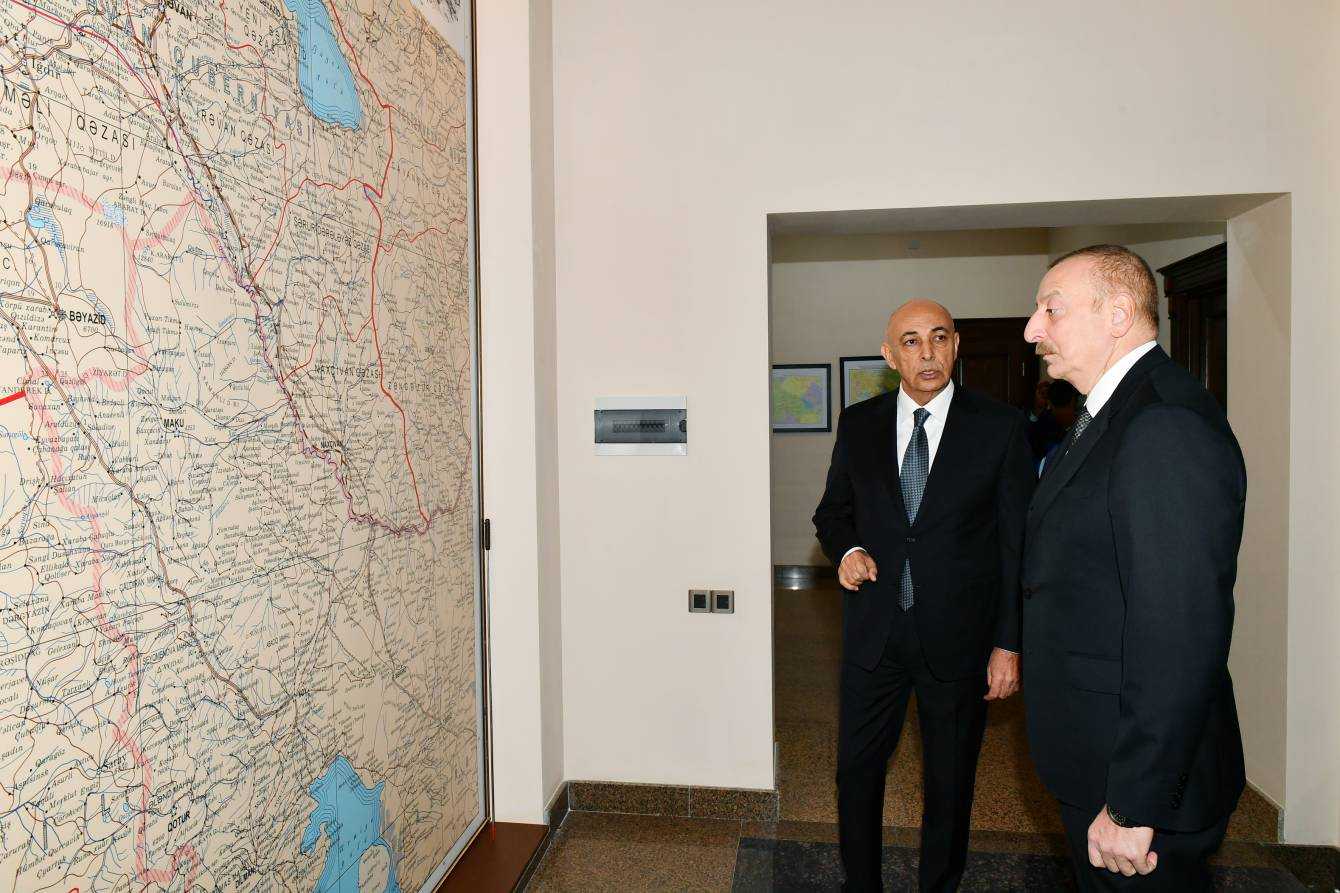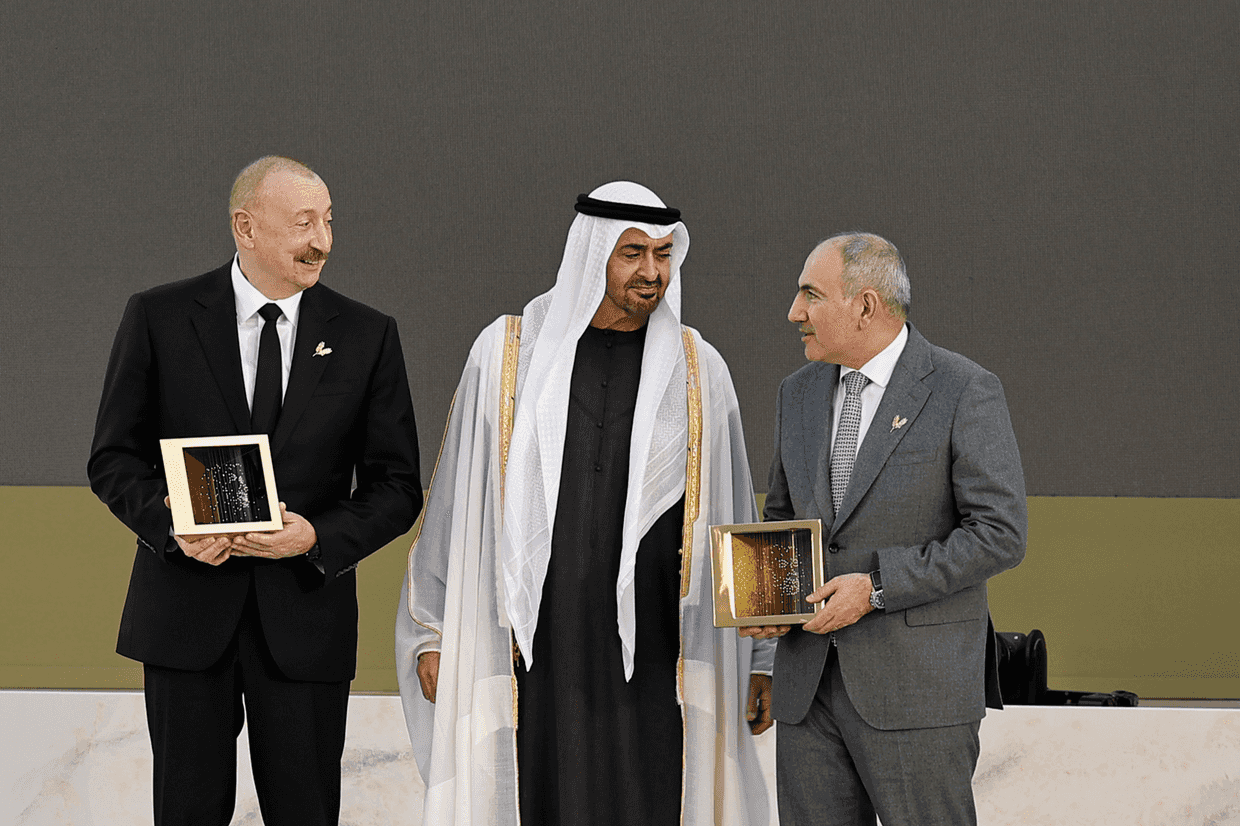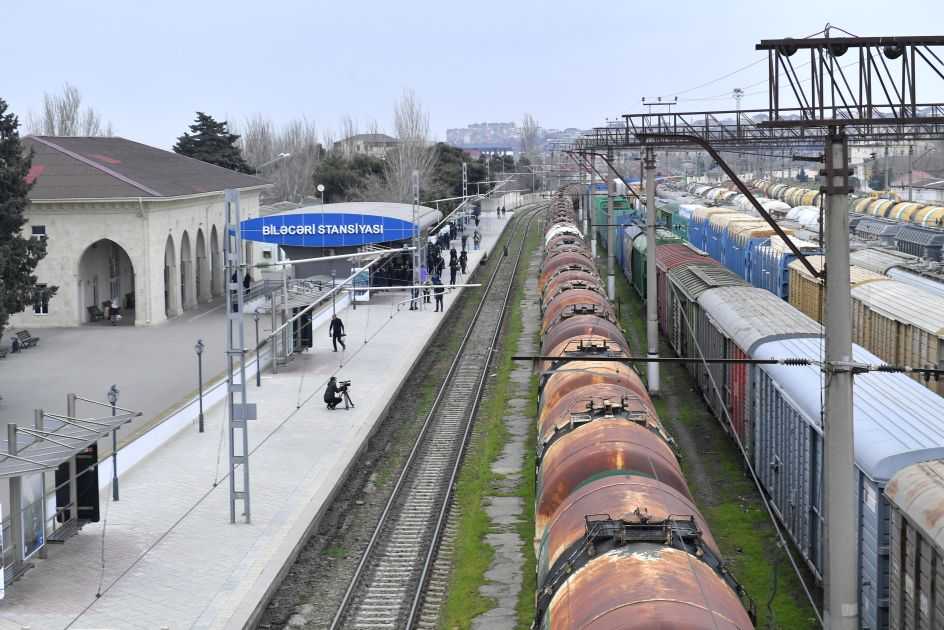Lachin blockade ‘eco-activist’ among delegation meeting Armenian counterparts in Yerevan
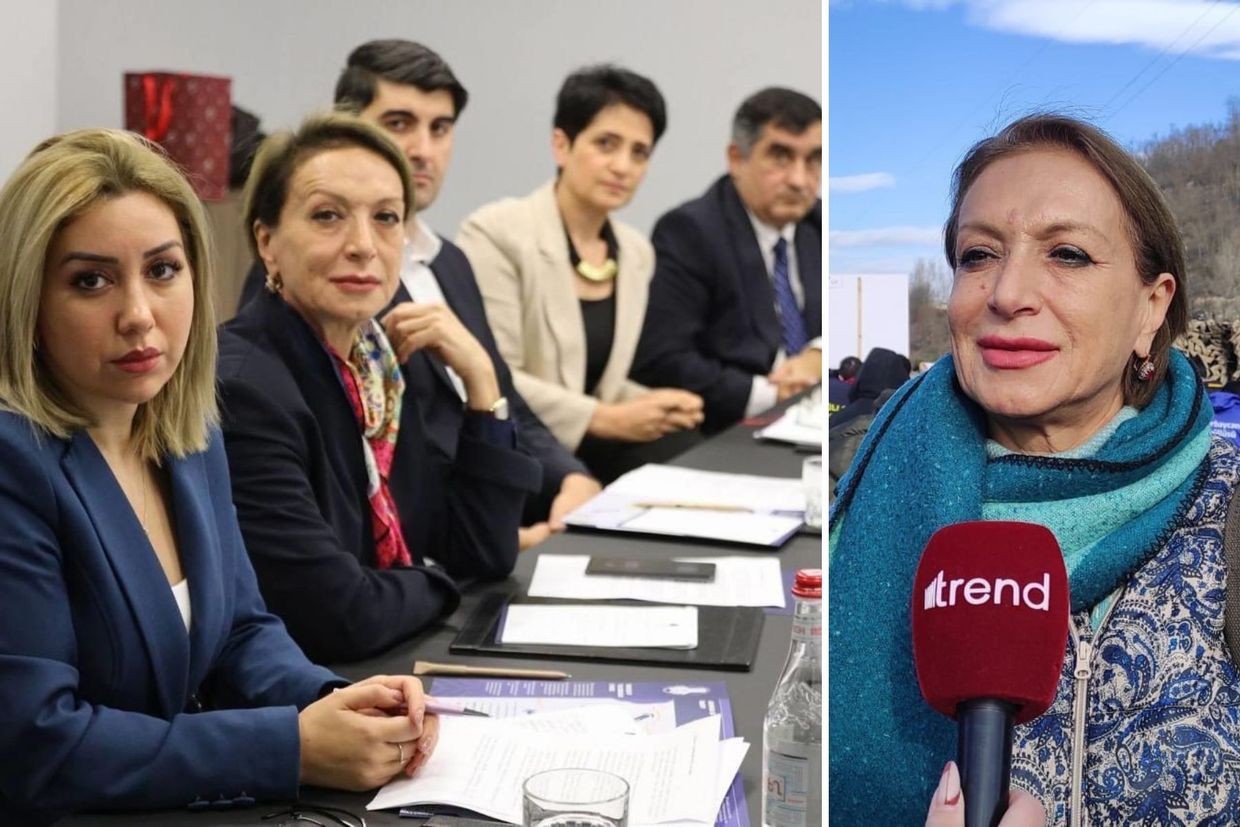
Armenia-Azerbaijan Relations, Armenia, Azerbaijan, Lachin Blockade, Nagorno-Karabakh
During a meeting of Azerbaijani civil society members with their Armenian counterparts in Yerevan on Wednesday, one of the attendees from the Azerbaijani side was Dilara Efendiyeva — a prominent ‘eco-activist’ who participated in the blockade of Nagorno-Karabakh in 2022–2023 and is closely linked with the government. The other Azerbaijani participants are all connected to pro-government NGOs, opposition figures have said.
The meeting was headed by the head of Armenia’s Security Council, Armen Grigoryan.
The Azerbaijani pro-government media outlet APA said the talks were ‘aimed to promote the peace agenda in the spirit of the Joint Declaration adopted in Washington on 8 August 2025’, referring to the meeting between Azerbaijani President Ilham Aliyev, Armenian Prime Minister Nikol Pashinyan, and US President Donald Trump.
‘The parties discussed a number of issues of interest to both societies, including the prospects for the peace process between Armenia and Azerbaijan, humanitarian issues, economic and logistical opportunities in the context of the normalisation of relations, as well as measures to further strengthen trust’, APA wrote.
APA did not include Efendiyeva as one of the participants, although other Azerbaijani media outlets did.
Shortly after, Armenian media noted that Efendiyeva had openly participated as an ‘eco-activist’ in the nine-month blockade of Nagorno-Karabakh before Azerbaijani troops ultimately launched their lightning offensive in September 2023.
The eco-activists are widely believed to have been backed by the Azerbaijani government, with the ultimate goal of weakening the defence capabilities of Nagorno-Karabakh Armenians ahead of the subsequent military attack.
The pretext of environmental concerns has also been characterised as an attempt to greenwash what was truly a campaign motivated by geopolitics.

It was not just Efendiyeva’s participation that drew the ire of many — Azerbaijani activist and PhD candidate Vafa Naghiyeva noted that ‘What the Azerbaijani government calls “civil society representatives” are, in fact, state-approved, regime-loyal NGOs’.
‘These are not independent voices, but part of the system itself carefully selected and sent to Yerevan to act as a “civil society delegation” ’.
The government in Baku has intensified its crackdown on civil society and independent media in recent years.
Among those caught up in the repression was Azerbaijani peace activist and OC Media contributor Bahruz Samadov, who was sentenced to 15 years on treason charges in June 2025.
Many have criticised Samadov’s ongoing imprisonment, noting that his criminal charges stemmed from his alleged collaboration with Armenia — which Baku now openly encourages.
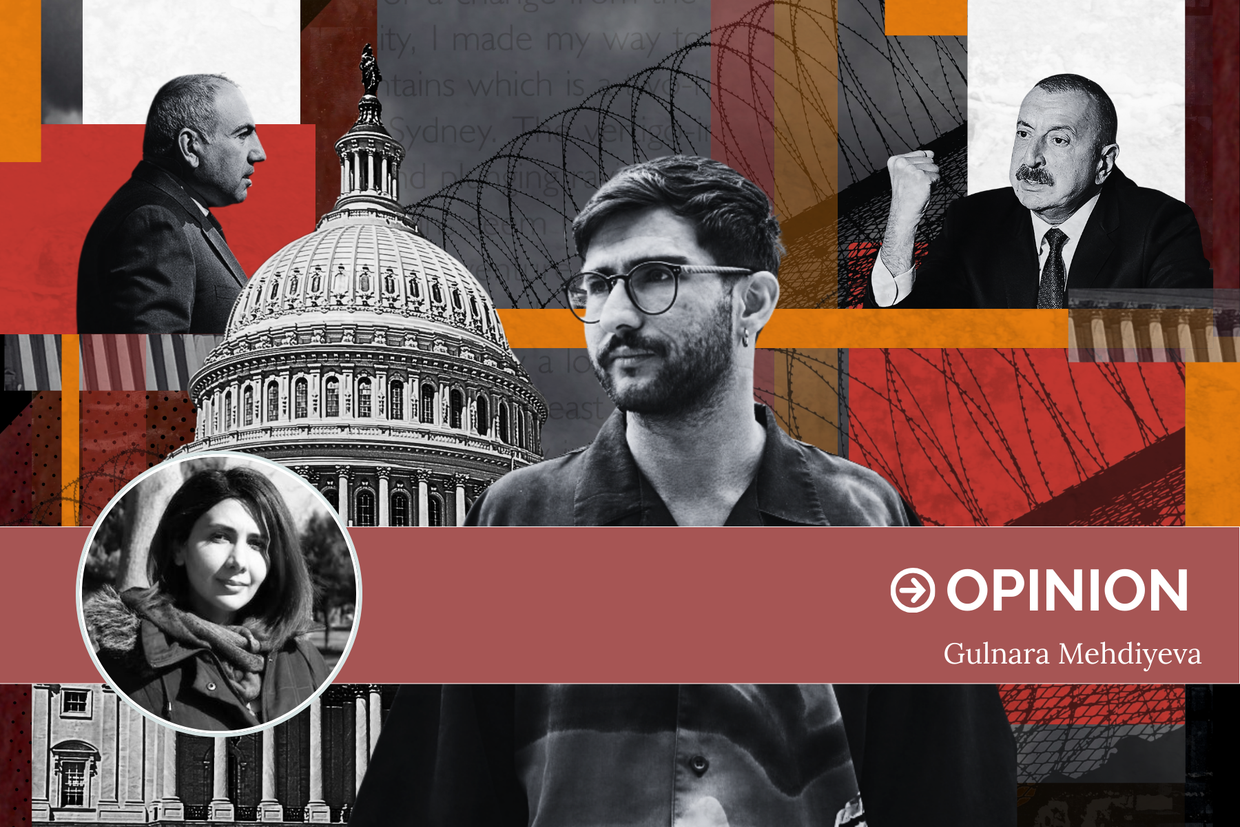
For ease of reading, we choose not to use qualifiers such as ‘de facto’, ‘unrecognised’, or ‘partially recognised’ when discussing institutions or political positions within Abkhazia, Nagorno-Karabakh, and South Ossetia. This does not imply a position on their status.




